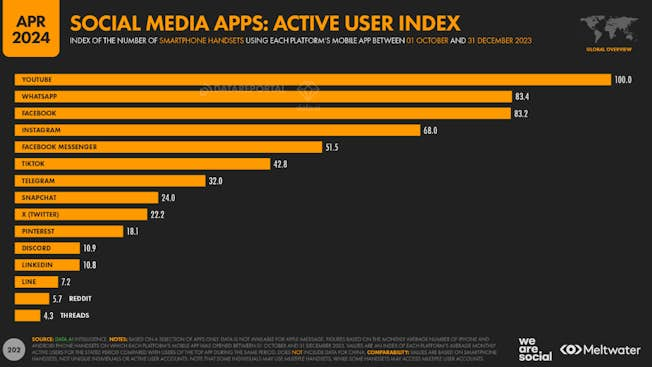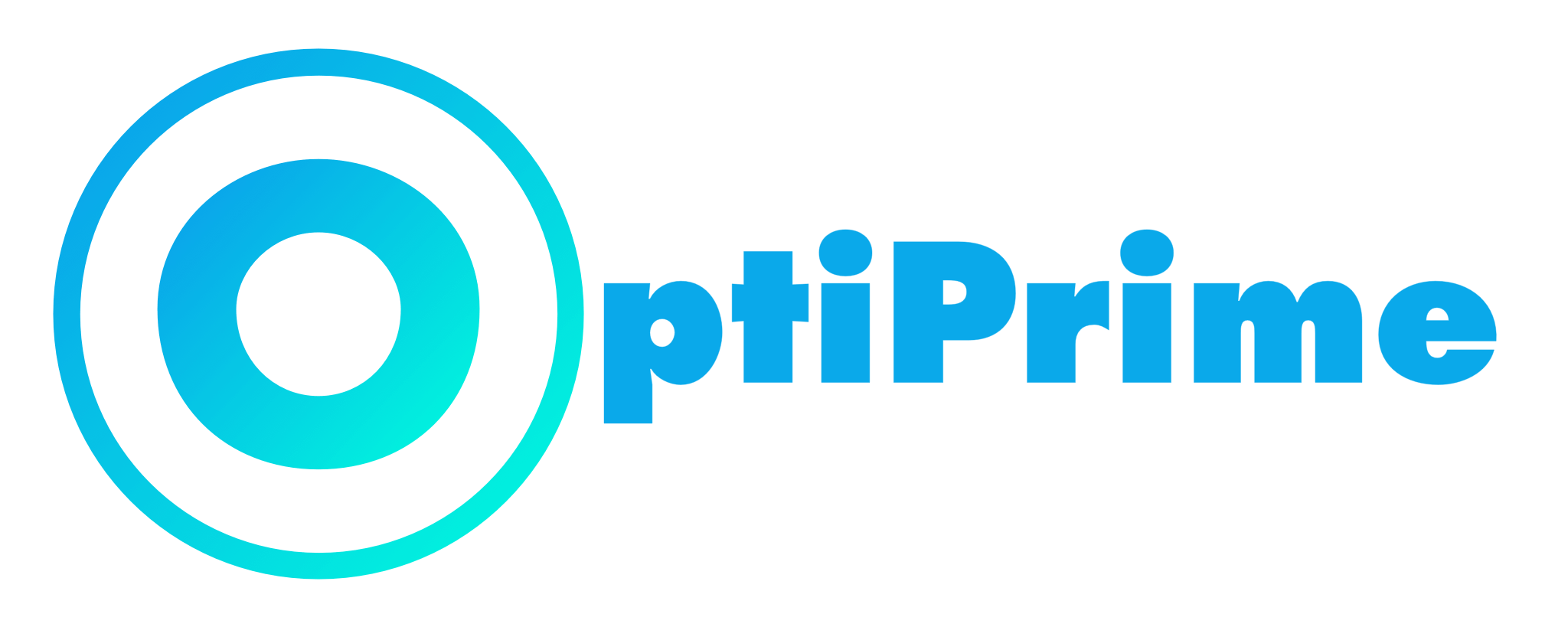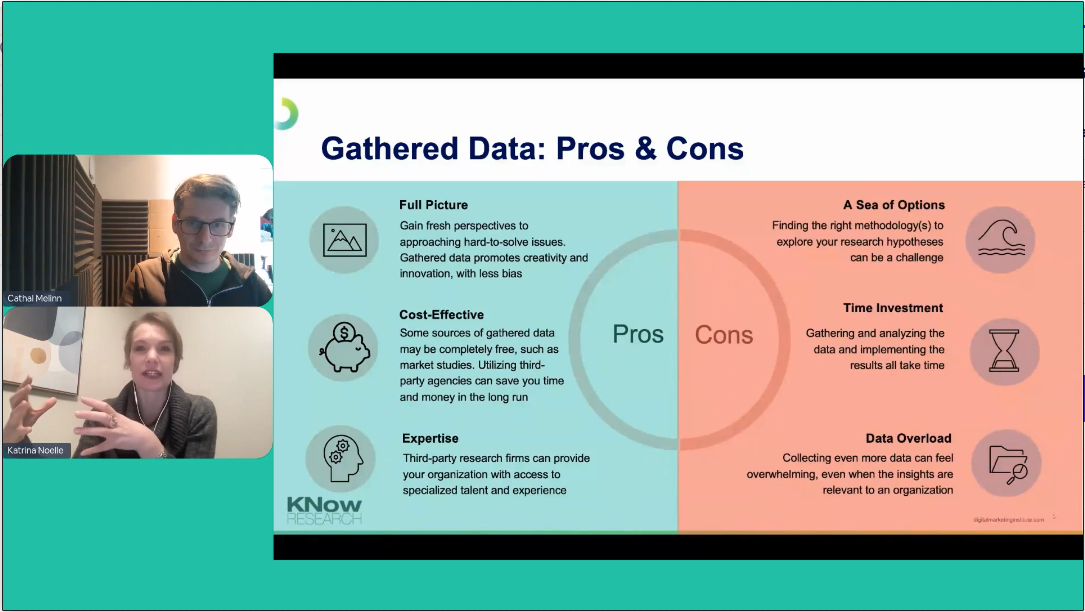Which Social Media Channels Are Ideal for Your Business Engagement?
Today, the importance of social media as a marketing tool for businesses seeking online visibility and engagement is indisputable.
However, launching your business into the realm of social media can be overwhelming, particularly when it comes to selecting the appropriate platforms for your brand. The abundance of social networks can make the choice and subsequent strategy formulation a daunting task.
Fortunately, it has become easier to determine which social media platforms are best suited for your brand. Furthermore, the integration of AI technology in social media enables brands to fine-tune their content and campaign strategies for optimal engagement and reach.
Social Media Calendar 2024
Download Free
The Critical Role of Social Media
Social media platforms cater to a wide variety of interests and demographics, providing a digital space for everyone.
Given the vast number of platforms, it’s impractical for small or medium-sized enterprises with finite resources to maintain a presence on each one. Instead, focusing your efforts on platforms that align with your business objectives is more efficient and effective.
Statista reports that 86% of marketers have seen an increase in exposure via social media, with 73% reporting increased traffic and 64% noting improvements in lead generation. This highlights the significant missed opportunities for businesses not leveraging social media to its full potential.
The popularity of social media continues to skyrocket, with over 5 billion people dedicating an average of 2 hours and 20 minutes daily to these platforms, often navigating between an average of 6.7 platforms monthly, according to DIGITAL 2024: Global Overview Report. The most popular networks based on their monthly active users include YouTube, WhatsApp, Facebook, and Instagram.

Here are 4 potent strategies to identify the optimal social media channels for your business:
1. Clarify Your Social Media Objectives
Understanding your goals is the cornerstone of any successful social media strategy. This clarity not only influences your choice of platforms but also informs your content creation and audience targeting.
Initiating your strategy with clear priorities in mind is essential. Ask yourself what you aim to achieve, whether it’s expanding your reach, generating leads, enhancing brand awareness, driving web traffic, engaging with customers, offering customer support, gaining industry insights, fostering a community, improving search rankings, or enhancing your brand’s reputation.
Depending on your brand’s nature, whether visual, event-oriented, or targeting a diverse audience, platforms like Instagram, TikTok, YouTube, and LinkedIn might be suitable.
For professional guidance in SEO, content marketing, and paid media, consider reaching out to Neil Patel Digital.
2. Identify Your Audience’s Preferred Channels
The essence of effective social media marketing is to engage with your audience where they are most active. Blindly choosing a platform without considering your audience’s preferences could lead to wasted efforts.
Begin by researching your audience to define a buyer persona, which will help you pinpoint the platforms favored by your target demographic based on various characteristics.
Customer surveys, email marketing, connections with brand advocates, or loyal customers through communication channels like WhatsApp can provide insights into your audience’s preferred social sites, information sources online, and influential voices they trust.
Additionally, social media paid ads can aid in identifying your ideal customers based on specific demographics, allowing you to refine your audience targeting further. Utilizing your website analytics can also reveal how visitors found your site, highlighting potential social channels for engagement.







